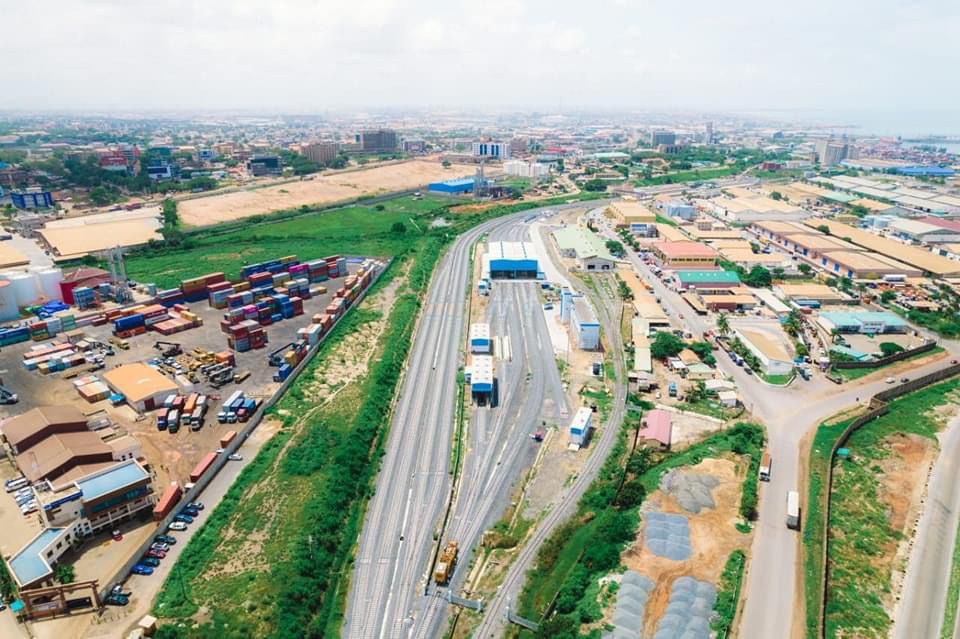
Open defecation heightens at Atwedie due to dilapidated toilet facility

Thirty-two-year-old, Kwaku Amoh, a resident of Atwedie in the Asante Akyem South District of the Ashanti Region, cannot use the toilet facility in the community because it is very dilapidated.
For him, it would be better to resort to the open space in the bush.
“I came out early because I couldn’t defecate. The heat was too much. Now the concrete on it is weak and it is scary. I fear I might fall into it. Now I am going to the bush to defecate that is the only option available,” he said.
About three hundred meters from the dilapidated toilet facility is the main refuse dump in the community, Kwaku Amoh went to do his business.
Eight-year-old Kofi is spotted at the refuse dump not to dispose-off but to defecate.
He looks for something he will use to tidy himself. Kofi takes off his pair of shorts, squats comfortably to also defecate.
Open defecation is on the rise here at Atwedie because the only Public toilet facility in the community has been in a dilapidated state for the past seven years.
For seven years this 25-seater facility has been in a poor state making it difficult for residents to use it.
Ninety per cent of the roof covering the building is off and the structure exposes users to the mercy of the weather.
Kofi will not speak to us but his action and that of Kwaku Amoh confirms that open defecation has become a normal routine in the community of over 2,000 residents.
The worrying and embarrassing trend is that both the men and women share the same space on the refuse dump when defecating.
Health experts have said unsanitary acts increases diarrhoea besides exposing the environment to contamination and diseases.
The community, meanwhile, has no health facility.
President of the Concerned Youth of Asante Akyem South Association, Stephen Baah Darko, is worried about the situation because of the frustration and risk the situation puts them into.
“Unfortunately, this community has no health facility available and that is one of the major problems. Because when someone falls sick, we have to walk for miles to the next town to seek health care. So imagine falling sick at night. It is risky and dangerous.
“If there was a clinic, you can go there first for first aid before you seek proper care but we keep enduring,” he was worried.
Meanwhile, Assemblyman for the area, Ernest Apau, explains efforts made at assembly meeting to fix the toilet facility have yielded no results.
According to him, it is a disgrace that a community that is close to the main Accra road has no public toilet.
“The community is close to the main road. And without a proper toilet facility, it is a disgrace. We want help. I have reported to the DCE at district assembly meetings. The DCE has advised that we contribute so he tops up to get us a public toilet.
“We decided to raise funds but we have not been able to do that. We also need containers to convey the refuse we make here.This is a poor community which means raising money themselves to fix the toilet and a rubbish container has become a headache for them.
“We really need help and want both the public and benevolent individuals to assist us,” he said.
According to a UNICEF report in 2017, Ghana loses an average of $79 million annually due to open defecation.
Ghana is classified among 34 countries with the highest open defecation rates of 15 per cent and above.
Nineteen per cent of the total population practices open defection daily translating into one out of every five people practising it in the country.

Ghana failing to provide decent toilets
According to the U.N report in 2017, 2.5 billion people do not have access to toilet facilities, most of which are in developing countries like Ghana and areas like Atwedie.
Ghana was recently cited among the top 10 countries worldwide with the highest percentage of its population without decent toilets according to a report from international NGO, WaterAid.
Ghana has about 85.7 per cent of its population without decent toilets, and this equals about 23 million people, according to the report.
The government is aware of the problem and has indicated that it intends to construct toilet facilities in various homes across the country as an effective measure of addressing open defecation.
This was in response to threats by the World Bank to withdraw support to Ghana if measures were not taken to address sanitation challenges.
The United Nations as part of its objectives have vowed to end open defecation by 2025.
But until these little challenges are not addresses, this goal will be difficult to achieve.






